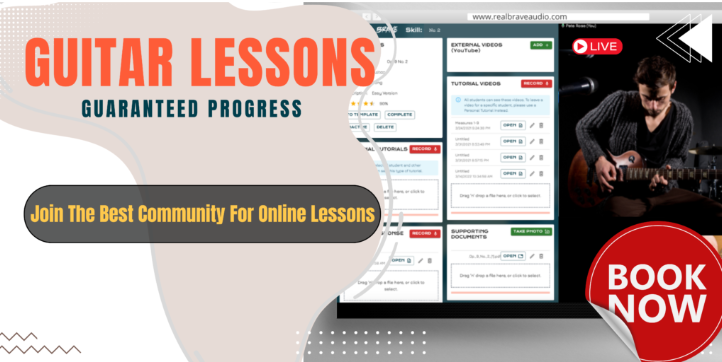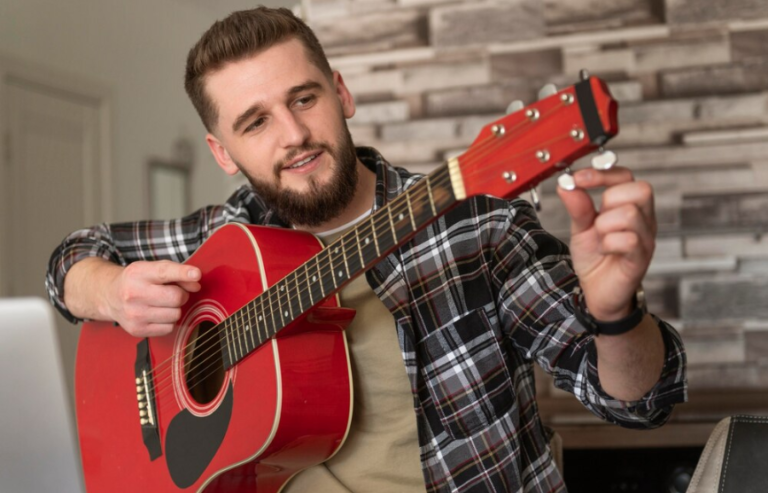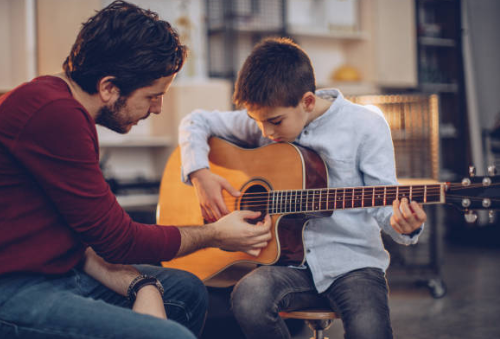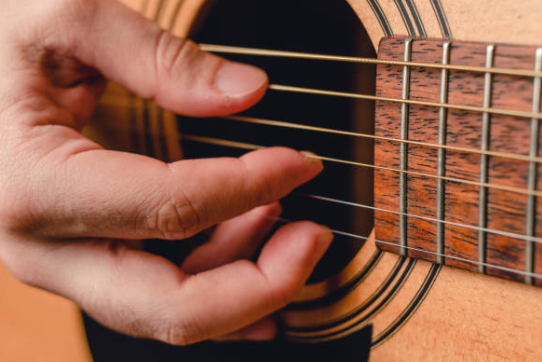How to Practice Scales on Guitar: Easy 4 Tips for Beginners
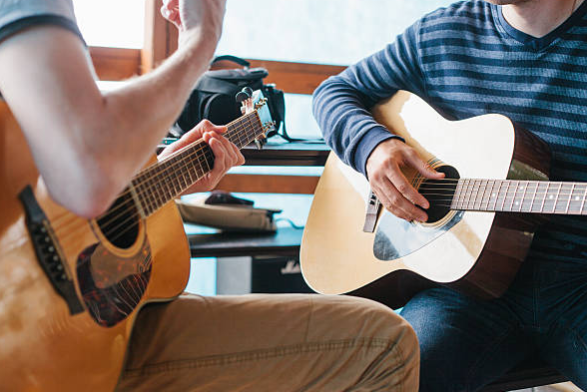
Learning to play the guitar is like building a house: your scales are the foundation. They form the basis for melodies, solos, and understanding music theory. Yet, for many beginners, practicing scales feels tedious or confusing. Don’t worry, with the right approach, scales can become an exciting part of your daily practice routine.
This guide will walk you through the basics you need to know to practice scales effectively.
What Are Guitar Scales, and Why Do They Matter?
A scale is a sequence of notes played in ascending or descending order. Scales help you:
- Improve finger dexterity and strength.
- Understand fretboard navigation.
- Develop your ear for melody and improvisation.
For beginners, the Major Scale and Minor Scale are the best places to start. These foundational scales are used in countless songs and help you build your musical vocabulary.
Getting Started with Scales
Before diving into how to practice scales, keep these points in mind:
- Start Slow: Speed comes later. Focus on accuracy first.
- Use a Metronome: A steady beat will help you build timing and rhythm.
- Proper Finger Placement: Use the tips of your fingers, keep your wrist relaxed, and avoid unnecessary tension.
Basic Scales to Practice
Here are two essential scales for beginners:
1. The C Major Scale (Open Position)
The C Major Scale is great for beginners because it uses open strings, making it easier to play.
Notes: C, D, E, F, G, A, B, C
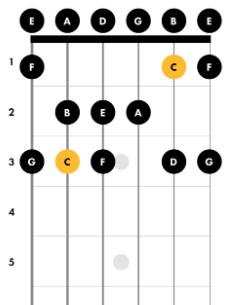
2. The A Minor Pentatonic Scale (5th Position)
This scale is widely used in blues, rock, and pop music.
Notes: A, C, D, E, G
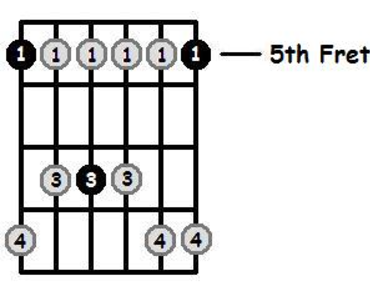
Tips for Practicing Scales
Now, there are a few things that are essential to practice scales:
- Warm Up First
Before you jump into scales, spend 5–10 minutes warming up with basic finger exercises. This reduces the risk of injury and gets your hands ready to play. - Use Alternate Picking
Instead of just using downstrokes, practice alternate picking (down-up-down-up). This technique improves speed and precision. - Learn the Notes, Not Just the Patterns
As you practice scales, say the note names out loud. For example, when playing the C Major Scale, say “C, D, E…” as you go. This helps you memorize the fretboard. - Change Up the Rhythm
Instead of playing each note evenly, try different rhythms:- Play in triplets (three notes per beat).
- Hold some notes longer and others shorter.
- Practice in Different Directions
Don’t just play the scale up and down. Try:
- Skipping every other note (e.g., C, E, D, F…).
- Playing the scale backward.
- Incorporate Dynamics
Practice scales softly, then loudly. This helps you control your tone and adds emotion to your playing. - Apply Scales to Real Music
Scales come alive when you use them in songs or solos. Try improvising over a backing track in the same key as the scale you’re practicing.
Creating a Daily Practice Routine
Here’s a sample 15-minute routine to practice scales correctly:
- Warm-Up (2 minutes)
Use finger exercises or simple chromatic runs to get your fingers moving. - C Major Scale (5 minutes)
Play slowly with a metronome, gradually increasing the speed. - A Minor Pentatonic Scale (5 minutes)
Experiment with alternate picking and different rhythms. - Improvise (3 minutes)
Play along to a backing track in C Major or A Minor to make the scales musical.
Final Thoughts
Scales are more than a technical exercise, they’re a gateway to creativity. If you practice scales daily, you’ll develop finger strength, musical knowledge, and confidence to tackle more challenging songs and solos.
Remember, progress takes time. Focus on small, consistent improvements, and soon you’ll find scales not only easier to play but also fun. So grab your guitar, pick a scale, and start practicing today!
Interested in taking your guitar skills to the next level? Click the below and book a free lesson with us! We’re committed to helping you express yourself freely on the guitar without endless scales and theory. Happy playing!
Author: Daniel Powers Jr, the founder of Real Brave™, serves as the chief inspiration to thousands of students in the Real Brave music instruction program. He’s also the visionary behind PracticePad™, an online platform for live one-on-one online music lessons, lesson tracking, and scheduling. Beyond his entrepreneurial pursuits, Daniel leads a non-profit organization that provides formerly homeless children with access to music education, making a profound impact on their lives. His unwavering dedication to music, innovation, and education continues to inspire individuals to reach their fullest potential while creating positive change in communities. Follow Real Brave on all the socials:
Find us on Instagram: https://www.instagram.com/realbraveaudio/
Find us on Youtube: https://www.youtube.com/@realbraveinc
